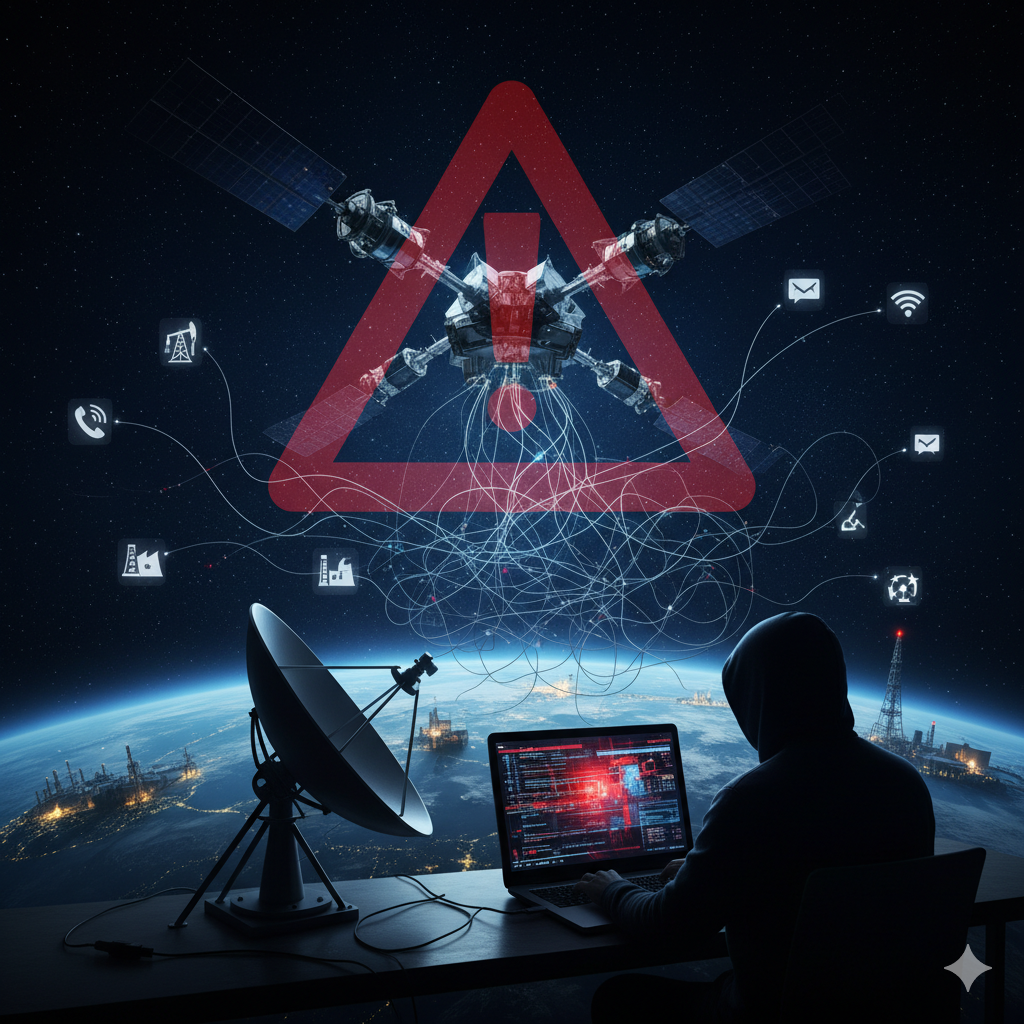F5 breach
-
What’s New in Cybersecurity This Week: Projects, Videos, Articles & Podcasts I’m Following – 10/13/25
Welcome to my weekly cybersecurity roundup! Here, I share updates on the projects I’m currently working on, along with the most insightful cybersecurity videos I watched, articles I found valuable, and podcasts I tuned into this week. Featured Analysis Featured article analysis: Satellites found exposing unencrypted data, including phone calls and some military comms This

